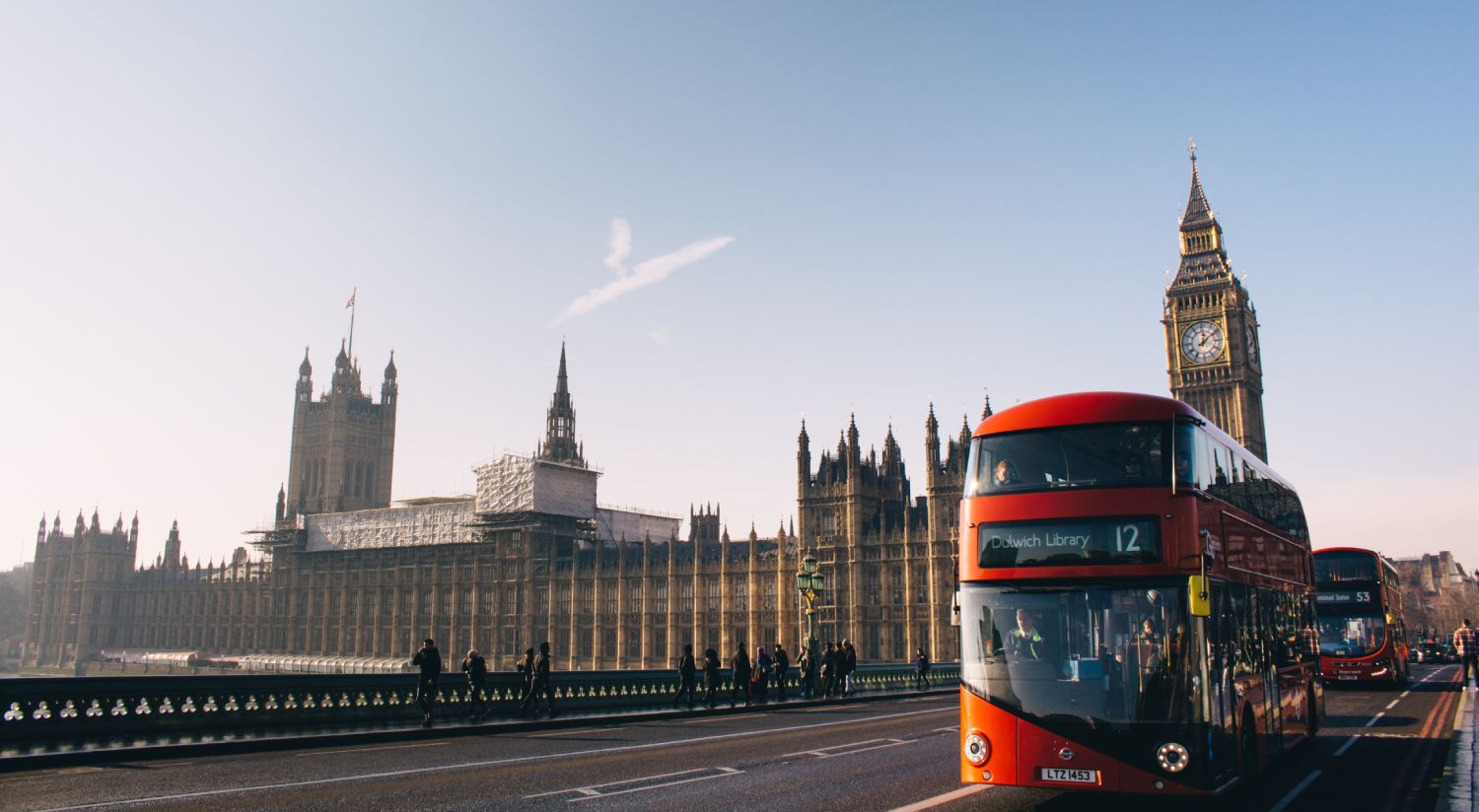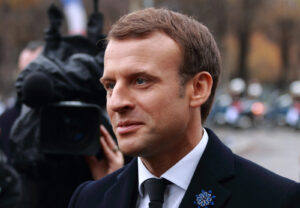The modern British political landscape has historically been established and oft envied by much of the world, which saw leaders like Churchill and Thatcher as symbols of a stable country led by steadfast leaders. However, in the past few years, we have seen British politics transform into a volatile and often unpredictable beast.
Brexit came first, then COVID-19, inflation, and now Prime Minister Boris Johnson faces a personal crisis as revelations about the behavior of his political aides during the pandemic have weakened his credibility within the Conservative party and in the eyes of the public.
To understand British politics in its current state, we have to cast our eyes back to 2016, when the British public voted to leave the European Union (EU).
Brexit: The Historic Decision No One Expected
The decision to leave the European Union was reached by a referendum in June of 2016, which saw 51% vote in favor of ‘Brexit’ with 48% voting to remain.
Few expected the referendum to swing towards leaving, and the reasons behind it are still up for debate. The motives that people cited for voting to leave the EU ranged from migration, disdain for EU laws to taking an opportunity to punish the political elite.
The Prime Minister at the time, David Cameron, had agreed to hold the referendum as part of his election campaign and fiercely advocated for remaining in the EU. Cameron resigned shortly after
‘losing’ the referendum.
Cameron’s Conservative party was left to choose a new leader to guide the country out of the EU. In July 2016, the country’s second-ever female Prime Minister, Theresa May, was elected.
Intense negotiation followed with issues surrounding trade, immigration, borders, and the rights of citizens dominating debates between Brussels and Westminster.
A withdrawal agreement was finally reached, and the finish line appeared to be in sight as May turned to parliament to ratify the deal on January 15, 2019. The house voted the deal down a
second time, and a third vote was ruled out.
On May 24, 2019, having failed to get her Brexit deal through parliament, Prime Minister May resigned, expressing her deep regret for failing to deliver Brexit.
Theresa May was replaced by former Major of London Boris Johnson, who had one clear political mandate “Get Brexit Done.” A general election followed, which revolved almost entirely around
Brexit.
The Conservatives under Johnson won a landslide victory, gaining their most considerable majority since Margaret Thatcher in 1987.
A revised version of the withdrawal agreement was passed by the House of Commons on December 20, 2019. Brexit was achieved, and after 47 years, the UK left the European Union as the clock struck midnight on January 31, 2020.
Brexit Sets in as COVID-19 Reaches Britain’s Shores
Just as the dust began to settle from Britain’s withdrawal from the European Union, rumors of a mysterious respiratory disease spreading across the world started to hit the headlines.
In late January 2020, the presence of COVID-19 in the UK was confirmed. According to John Hopkins University, over 150,000 COVID-19 related deaths have occurred in the UK, the second-highest in Europe behind Russia.
The worst of the pandemic may now be behind us, thanks primarily to the rollout of vaccines. However, a scandal has now engulfed Downing street after photos and emails leaked in December 2021 depicted Johnson and his aides flouting social distancing rules during the first lockdown.
The leaks have generated fury among the public who spent months locked in their homes, often forced to say goodbye to dying loved ones over Zoom.
Calls for Johnson to resign have begun to grow louder from the opposition party and conservative members of parliament. A survey carried out by Savanta ComRes concluded that an estimated two- thirds of the general public believe Johnson should hand in his resignation, and even more worryingly for the PM, 42% of Conservative voters also think he needs to resign.
If Johnson cannot shore up support with the public and within parliament, his days in public office may well be numbered.
The Prime Minister’s unpopularity has origins outside of his alleged COVID-19 rule-breaking that includes inflation and nationwide shortages.
Inflation and Shortages: Adding Fuel to The Fire
In 2021 the British public experienced empty shelves in supermarkets, long lines at petrol stations, and skyrocketing energy bills. These issues can be attributed in part to a labor shortage created by the loss of EU workers in the wake of Brexit and COVID-19 infections causing acute lorry driver shortage. The public has felt the squeeze as prices soared, and they turned to their leader for a solution.
Shortages came hand-in-hand with inflation; currently, Goldman Sachs estimates that the inflation rate will reach around 7% by April.
The army was put on standby to step in with fuel delivery, and an attempt to plug the labor shortage gap was made by offering temporary visas to European workers, with the government adding 5,000 HGV driver visas to the visa scheme.
The visas were made available as a temporary solution while the government poured millions of pounds into training new drivers. The success of this plan is yet to be seen as prices continue to rise, and a cold winter could exacerbate the energy crisis.
Spiraling prices and a furious backlash for alleged rule-breaking are threatening Johnson’s position, but Britain’s borders do not limit his problems. Since Brexit, Johnson found himself in a feud over fishing rights with French President Emmanuel Macron.
Johnson, Macron and Post-Brexit Fishing
A year after “getting Brexit done,” the UK still cannot shake the event, and it has put Johnson at odds with his counterpart across the channel – the French President, Emmanuel Macron.
Debates over fishing rights have dominated the post-Brexit relationship between Paris and London. By leaving the EU, Britain also left the common fisheries policy that had divided up fishing rights in Europe’s waters since the 1970s.
As per the Brexit agreement, French boats that previously operated in British water should continue to have access to operate until 2026. However, the French government claims British authorities are asking for excessive paperwork from vessels and, as a result denying them access to fishing waters.
Macron has supported the fishing industry in France and threatened Johnson with sanctions and a potential blockade on British vessels attempting to enter French waters.
Johnson has responded to the pressure from Macron by considering launching a dispute settlement proceeding if France follows through with its threats.
The pair met last year in Rome and agreed to pursue “practical and operational measures” to de- escalate the dispute. However, if the spat continues, it could escalate into a full-blown trade war with Johnson on one side and Macron and the EU on the other.
What Next for Johnson and British Politics?
Boris Johnson’s future will rest on his ability to convince the public and his party that he is still the right man to lead the country out of the pandemic and ensure the economy does not crumble under the pressures of post-COVID inflation and Brexit. However, with members of his party calling for him to step down, it seems unlikely the Prime Minister will regain his once-popular status.




